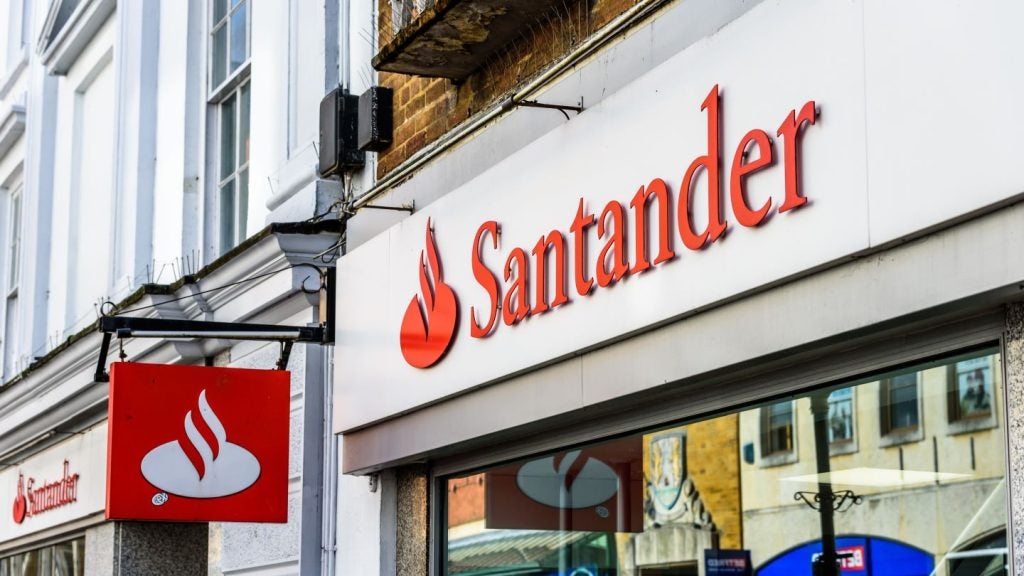
The Rise and Fall of Total Asset Turned to Total Fraud
On Friday 10 February, the defendants in R v. Alexander & Others received a combined sentence of 44 years for their part in a £160m fraud that struck at the heart of the bank-backed asset finance and parent bank setup.
Using a ‘man on the inside’ tactic, leases on fibre-optic equipment for regional cities in the UK were signed off and payments made without the lessees’ knowledge or involvement. Lessees included councils, local government authorities, hospitals and schools – businesses with high credit ratings.
The fraud came to light after Barclays Asset Finance wrote to Tendring Council in Essex and asked it for delayed lease payments, to which the council responded to say it had no record of any contract, Leasing Life learned at the trial.
The verdicts have been handed down in a case that took over six years to come to court. Most will be looking and thinking it could not, and should not, happen again.
The actions of Stephen Dartnell and George Alexander of Total Asset, Simon Mundy of KBC Lease UK and Carl Cumiskey of fibre-optic provider H2O effectively brought down the entire UK leasing business of Belgian parent KBC.
Belgian taxpayers will not thank them either: the massive balance-sheet loss helped drive KBC into the Belgian government’s protection between 2007 and 2009.
The court case lasted five months and two weeks. During that time the collusion that had existed between the defendants during the fraud soured, as accusations were made as to who was to blame.
How well do you really know your competitors?
Access the most comprehensive Company Profiles on the market, powered by GlobalData. Save hours of research. Gain competitive edge.

Thank you!
Your download email will arrive shortly
Not ready to buy yet? Download a free sample
We are confident about the unique quality of our Company Profiles. However, we want you to make the most beneficial decision for your business, so we offer a free sample that you can download by submitting the below form
By GlobalDataFrom the start, George Alexander refused to give evidence in court, instead issuing a statement to the court on his involvement.
During the trial the court had heard from the defence counsel that the intentions of Alexander, Mundy and Dartnell were good initially, but as they realised that the costs of doing the work of installing the fibre-optic cables was going to “spin out of control”, the intentions to defraud set in.
However this was not the summary of the trial judge, who said much of delay to the trial was down to Dartnell’s refusal to accept his guilt from the beginning, and his willingness to trade on a previously unblemished reputation.
According to the judge, George Alexander lived an “extravagant lifestyle”, and had personally made over £3m from the fraud. By 2017, Alexander was bankrupt and pleading with the court in mitigation that he had to pull his daughters out of public school.
Chasing funds down the rabbit hole
£48m of the £160m that was defrauded from Barclays and KBC had not been accounted for, the court heard. It was unclear whether any of this money is still linked to the fraudsters or is even recoverable, although news stories from the time chart some of Dartnell’s activities.
In early 2010, Leasing Life reporter, and later editor, Fred Crawley wrote about a new investor in Total Asset Finance, Daresbury Services Group (DSG), which bought Total Asset Finance and made noises about further acquisitions.
The purchasing company, Daresbury Services Group (DSG), was founded by Stephen Dartnell, TAF’s managing director, and Stephen Casey, finance director of healthcare sector software provider IMS Maxims.
IMS Maxims, was the second acquisition in DSG’s opening move. Its clients included the Clatterbridge Centre for Oncology in Wirral and the Guy’s and St Thomas’ NHS Foundation Trust.
DSG stated at the time that “it would run the businesses separately”, and that it aimed to buy more companies in the healthcare and financial services sectors.
But it was not to last. Leasing Life later reported that Total Asset Finance had appointed administrators from accountancy firm Deloitte in January 2011, and that no further deals were reported from DSG after that date.
Project Laos: a buyout by any other name?
During the trial, witness and former KBC Lease UK chief executive (2000-2010) Roger Pullen testified as to his knowledge of the frauds.
Pullen resigned his position in 2010 after the bank started disciplinary proceedings, after suspicious transactions relating to Total Asset were uncovered.
He revealed during the trial in September 2016 that Total Asset Finance was poised to purchase KCB Lease UK in early 2010. The sale was codenamed Project Laos.
Pullen also told Southwark Crown Court that Stephen Dartnell, head of Total Asset Finance, intended to hire Mundy in the event of Project Laos coming to pass.
“Dartnell indicated [to me], while on a trip to Belgium, he would hire Simon [Mundy] if Total Asset Finance bought KBC Lease [UK],” Pullen told the court.
Simon Mundy, former head of asset finance at KBC Lease UK, reported directly to Pullen, who served as chief executive of KBC Lease UK from 2000 until his resignation in December 2010 when disciplinary proceedings were brought against him due to the fraud.
“The bank instigated formal disciplinary proceedings,” Pullen told the court about his experience after the fraud came to light. “I did feel responsibility,” he said.
Pullen and Dartnell had been coordinating outside official channels about a takeover deal, whereby Total Asset would buy out KBC Lease UK, using funds that had been siphoned out of KBC via the fraudulent leases.
In February 2010, Dartnell had provided, via private email, key documentation including a cash-flow spreadsheet, and details of leases held by KBC Lease UK. The email proposed the sale of 100% of KBC Lease UK’s shares.
Pullen said during the trial that this was unusual, arguing that there was no additional information pertinent to Project Laos that Dartnell could not have got elsewhere if requested.
Pullen also revealed that other companies, including GE Capital, had also expressed interest in purchasing KBC Lease UK.
It is a sign of the audacity of the fraud that Total Asset, which was busy defrauding KBC, was also expressing an interest in buying the lessor with funds it had siphoned out from the Belgian lessor.
And instead of a grand plan to build a bigger business, Dartnell and his convicted associates were attempting to cover up their trail.
The leasing fraud that broke the internet
The Total Asset Finance fraud resulted in the demise of H2O, also known as i3, in 2011. Its assets were picked up that year by Cityfibre, controlled by Greg Mesch, i3’s former president and COO, after Cityfibre came to an agreement with H2O’s debtors.
Mesch wrote in 2011: “The last few months have been very difficult for all those that have been affected.
“While restructuring the businesses, it was really important for us to save and protect the customer contracts, and the fibre-to-the-home and metropolitan fibre-optic networks.
“We hope that this restructure will come as good news for all those that have been impacted by the abrupt halt to works by our predecessors, including employees, customers, residents in the Fibrecity areas and suppliers,” Mesch continued.
“We will soon start making good the works left unfinished by our predecessors in Bournemouth. We will begin by repairing the network, adding service providers and activating customers – we already have around 20,000 homes that are or can be connected to superfast fibre in the town.”
By September 2016, Cityfibre reported in its results that its value had almost tripled its revenue – boosting its status as the biggest rival to BT Openreach.
Cityfibre is one of a small number of companies trying to build its own fibre network to challenge Openreach. Although it would be a bit of a stretch to say the H2O collapse strengthened BT OpenReach’s monopoly on internet infrastructure in the UK, the delay that the collapse of H2O caused to the internet fibre-optic infrastructure roll-out did have its economic consequences on the growth of various regional centres in the UK, particularly Aberdeen, Dundee and Bournemouth.
“There is a strong consensus in the literature that broadband has material positive impacts for national economies,” UK government civil servants wrote in a white paper, UK Broadband Impact Study (2013).
“It is now widely accepted that the availability and adoption of affordable broadband plays an important role in increasing productivity in national economies through, for example, increasing the information available to SMEs and information workers, and – in conjunction with complementary investments in other ICTs and skills enabling business process re-engineering to improve the efficiency and management of labour intensive jobs, and supporting the development of new more efficient business models.”
The fraudsters delayed growth and the knowledge reach of SMEs across the UK by decreasing their access to information and their ability to search for finance. And that could have prevented potential new SME leasing business from being written.







